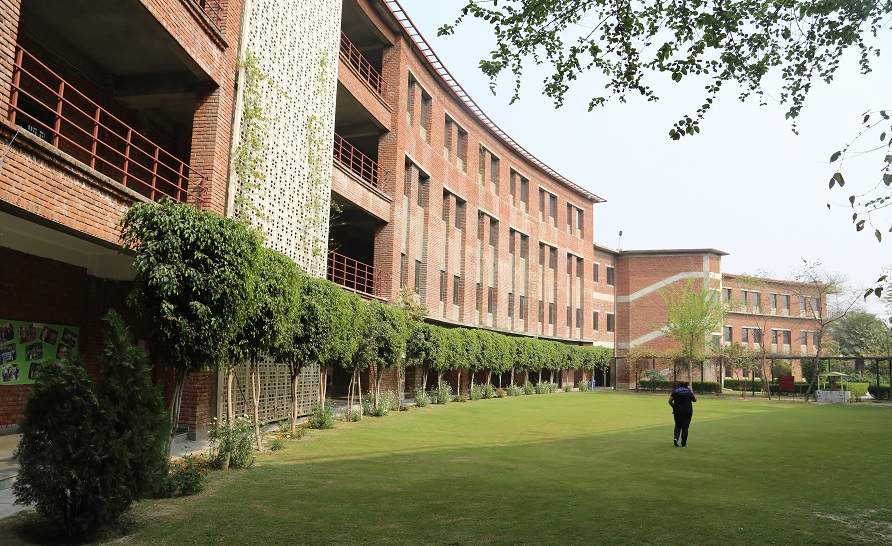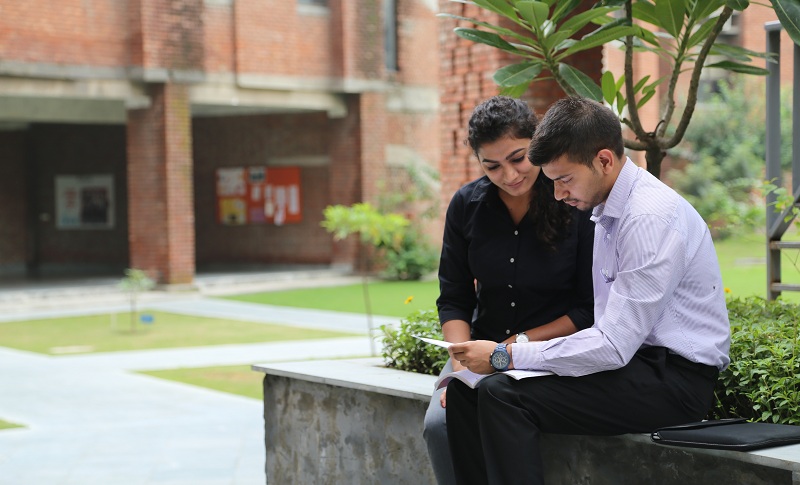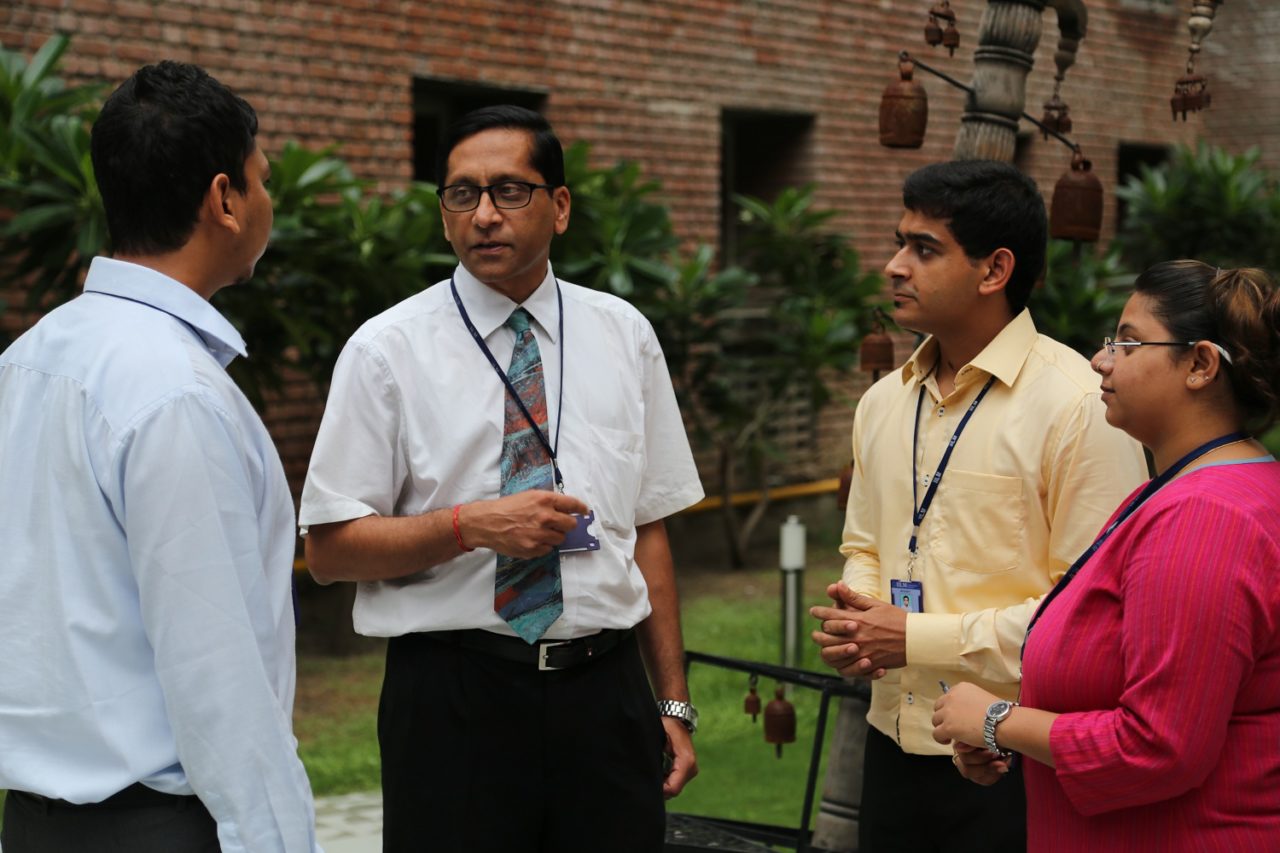An MBA is not merely a degree. It is not merely a course that allows us to gain an entry ticket into the world of corporate functioning and entrepreneurship. It is a pool of experience that we dip into time and again to gain valuable pearls of wisdom and insight.
My reflections may resonate with those who have graduated from the best MBA colleges in India.
Developing Business and Relationships:
Even as I embarked on my MBA journey in one of the top MBA institutes in Noida I was aware that I would be specializing in entrepreneurship. My greatest learning during my time at IILM, however, was developing relationships. Closely interacting with the faculty and business leaders was an eye-opener.
Add to this the fact that each one of my peers added to the wonderful network I was developing. While I did have some idea about the work of an entrepreneur, I was soaking in all the aspects of business development.
Career Growth:
My MBA experience at IILM, refined my views on career development. One of the greatest mistakes that our generation makes is to equate ambition with shortcuts to growth. Even for those who achieve a phenomenal amount of success in their careers in a relatively short time, life is never a bed of roses.
Setbacks, struggles, and an occasional failure are inevitable. Getting past career hurdles is something that I would not have learned without spending the time I did studying the nuanced lives of various industry leaders and pioneers during my MBA. The course equipped me with the skills that I require to get ahead in my career.
Personal Development:
The time I spent at IILM pursuing my MBA degree was not only a defining phase as far as my career goes but was also instrumental in shaping my own personality, my personal ambitions, and outlook. It taught me the value that we add to goods and services by way of our work is not defined by the profits we rake in, but by the difference we make to the lives of people across the globe.
From our stakeholders to colleagues, from those in need of our solutions to the common man of our nation – our dreams must necessarily be from the growth and development of everyone around us. Our growth lies not only in our own prosperity but in the growth of all the lives we touch.
My MBA experience at the IILM was an exceptional one that opened up numerous avenues for me to explore through my professional life. It also connected me with many brilliant people who had made their mark in the business world or set out on the wondrous journey with me.




